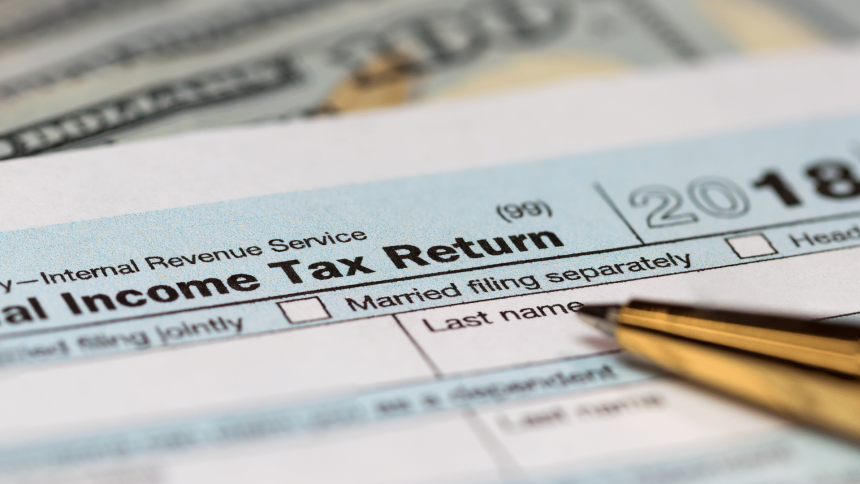As tax season ramps up, the Internal Revenue Service (IRS) is warning taxpayers to beware of false claims that personal purchases of health-related products are not reimbursable by the federal government.
Amid concerns about people being misled, the IRS is reminding taxpayers and health spending plan administrators that personal expenses for general health and wellness are not considered medical expenses according to tax law.
This means personal expenses are not deductible or reimbursable under health flexible spending arrangements, health savings accounts, health reimbursement arrangements, or medical savings accounts (FSAs, HSAs, HRAs, and MSAs).
The IRS reiterates this fact because some companies have been misrepresenting the circumstances under which food and wellness expenses can be paid or reimbursed under FSAs and other health spending plans.
“Legitimate medical expenses have an important place in the tax law that allows for reimbursements,” IRS Commissioner Danny Werfel said. “But taxpayers should be careful to follow the rules amid some aggressive marketing that suggests personal expenditures on things like food for weight loss qualify for reimbursement when they don’t qualify as medical expenses.”
Some companies, according to the IRS, mistakenly claim that notes from doctors based merely on self-reported health information can convert non-medical food, wellness, and exercise expenses into medical expenses, but this documentation doesn’t.
Such a note would not establish that an otherwise personal expense satisfies the requirement that it be related to a targeted diagnosis-specific activity or treatment; these types of personal expenses do not qualify as medical expenses.
FSAs and other health spending plans that pay for, or reimburse, non-medical expenses are not qualified plans. If the plan is not qualified, all payments made to taxpayers under the plan, even reimbursements for actual medical expenses, are includible in income.








